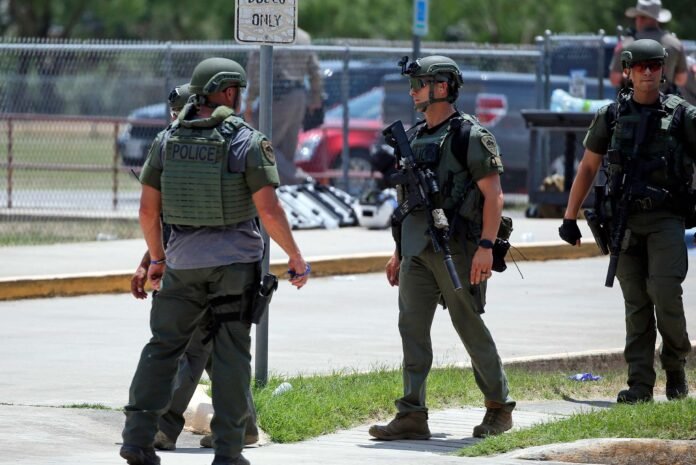State Capitol security concerns escalated this week following deadly shootings targeting lawmakers in Minnesota. Wisconsin officials met Wednesday under tight protection as fears of political violence grew.
Just days earlier, a gunman fatally shot a Minnesota state legislator and her husband inside their home. He also attacked another lawmaker and his wife, leaving them with serious injuries. Police arrested the suspect, Vance Boelter, after he turned himself in. Officers later found he had a list of dozens more potential targets.
Some of those targets reportedly included state and federal lawmakers in Wisconsin. As a result, Wisconsin’s Capitol saw immediate changes to state Capitol security on Wednesday.
Despite these changes, the Capitol’s openness remains mostly unchanged. Visitors still entered without passing through metal detectors. However, those watching Senate sessions faced extra security checks.
Although more police were present, most changes stayed behind the scenes. The Capitol still lacks X-rays, metal detectors, or screening stations. It is one of the most publicly accessible statehouses in the country.
Legislatures in many states have finished their sessions. But Wisconsin remains active and has moved quickly to increase protection. In North Carolina, legislative leaders announced new safety plans by email. Yet, no major changes were immediately visible. In Arizona, officials assigned more troopers to the state Senate. GOP spokesperson Kim Quintero confirmed the adjustments but didn’t share more details.
State Capitol security hasn’t been a consistent priority over the years. Metal detectors were briefly installed in 2011 during protests over Gov. Scott Walker’s policies. However, they were removed months later after a legal agreement with union leaders. Security discussions flared again after the January 6, 2021 U.S. Capitol riot. Still, Wisconsin’s Capitol stayed mostly closed then due to COVID-19, not threats.
Assembly Speaker Robin Vos urged restraint in response to recent events. “Let’s not have a knee-jerk reaction,” Vos said on Wednesday. “Turning the Capitol into a fortress is not the answer.” He stressed that the latest tragedy didn’t occur in a government building. “The most scary part is this happened in someone’s home,” he said.
As violence against officials increases, more states may reconsider how they approach state Capitol security going forward.
For more political updates, visit DC Brief.


